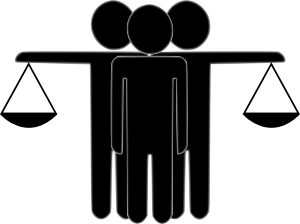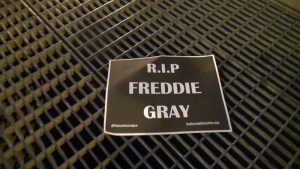 Prosecutorial discretion in Chicago has always been a controversial issue particularly if the public feels that there is an element of unfair selection and victimization. One of the leading practitioners of the deferred prosecution program is the Cook Country State Attorney. This program has been in operation since 2011 but is not without its detractors. For example, it has been subjected to an evaluation by the Illinois Criminal Justice Information Authority. The grant for this research was offered by the Loyola University Chicago. The success of the program has led to its being designated as the model of good practice for the Offender Initiative Program. All these interventions are enshrined in the Illinois Statute book under 730 ILCS 5/5-6-3.3. The three major objectives of the program are as follows:
Prosecutorial discretion in Chicago has always been a controversial issue particularly if the public feels that there is an element of unfair selection and victimization. One of the leading practitioners of the deferred prosecution program is the Cook Country State Attorney. This program has been in operation since 2011 but is not without its detractors. For example, it has been subjected to an evaluation by the Illinois Criminal Justice Information Authority. The grant for this research was offered by the Loyola University Chicago. The success of the program has led to its being designated as the model of good practice for the Offender Initiative Program. All these interventions are enshrined in the Illinois Statute book under 730 ILCS 5/5-6-3.3. The three major objectives of the program are as follows:
- Increase and protect public safety
- Ensure the best use of available resources
 Chicago Criminal Lawyer Blog
Chicago Criminal Lawyer Blog











